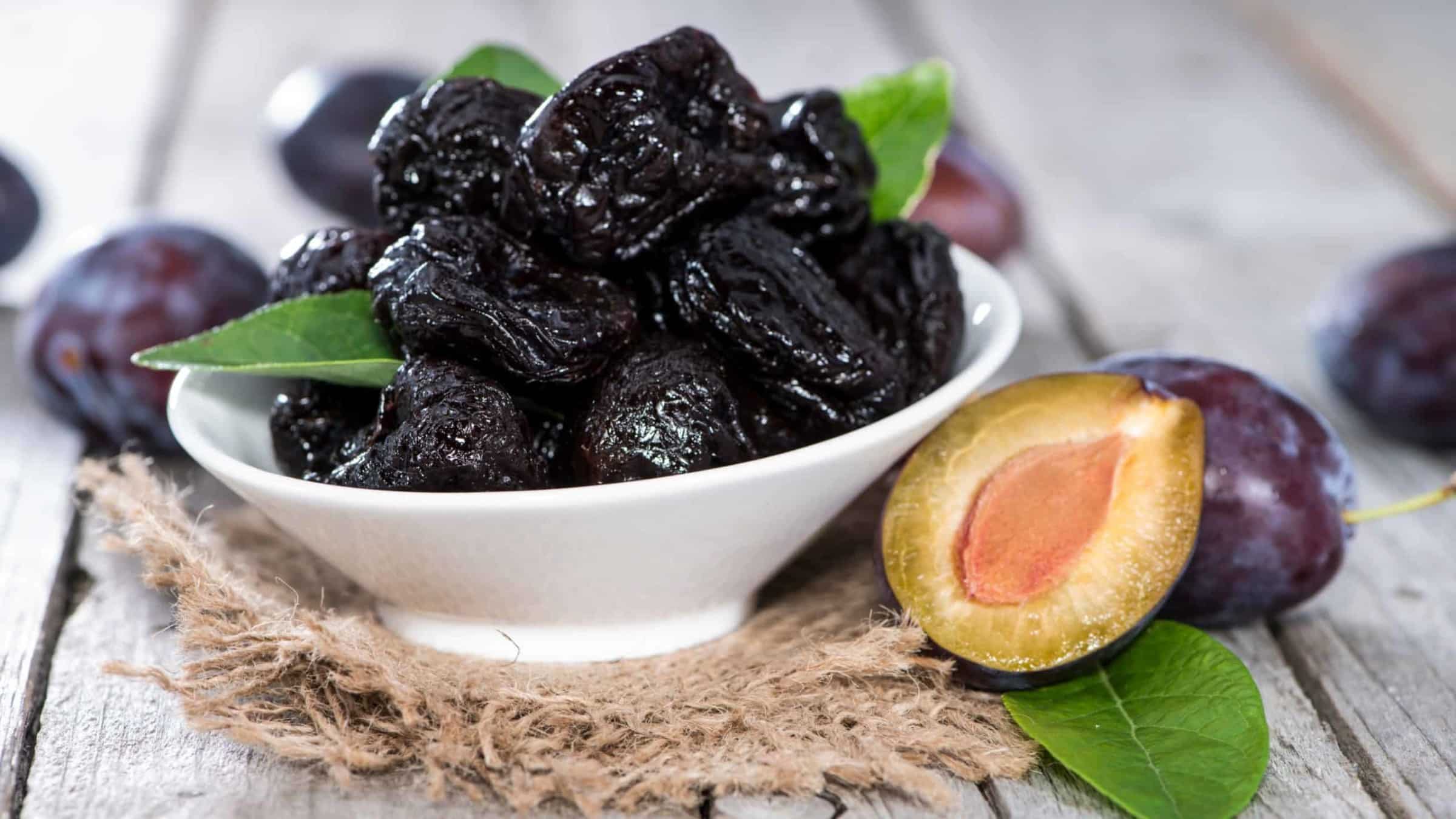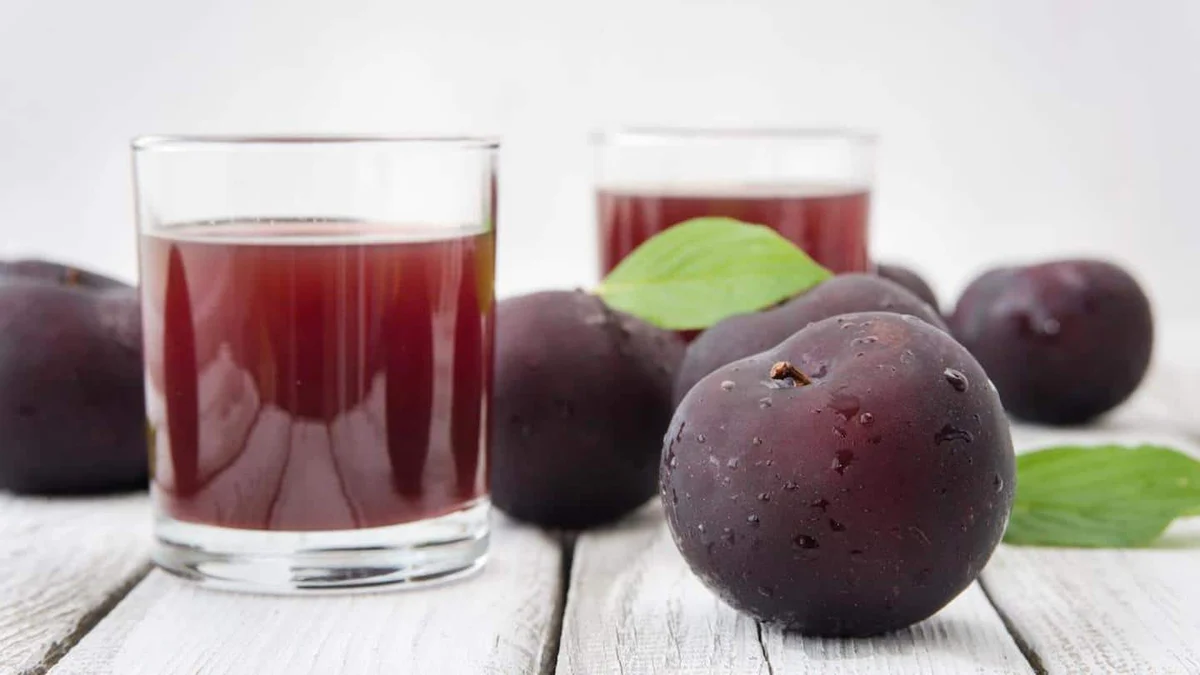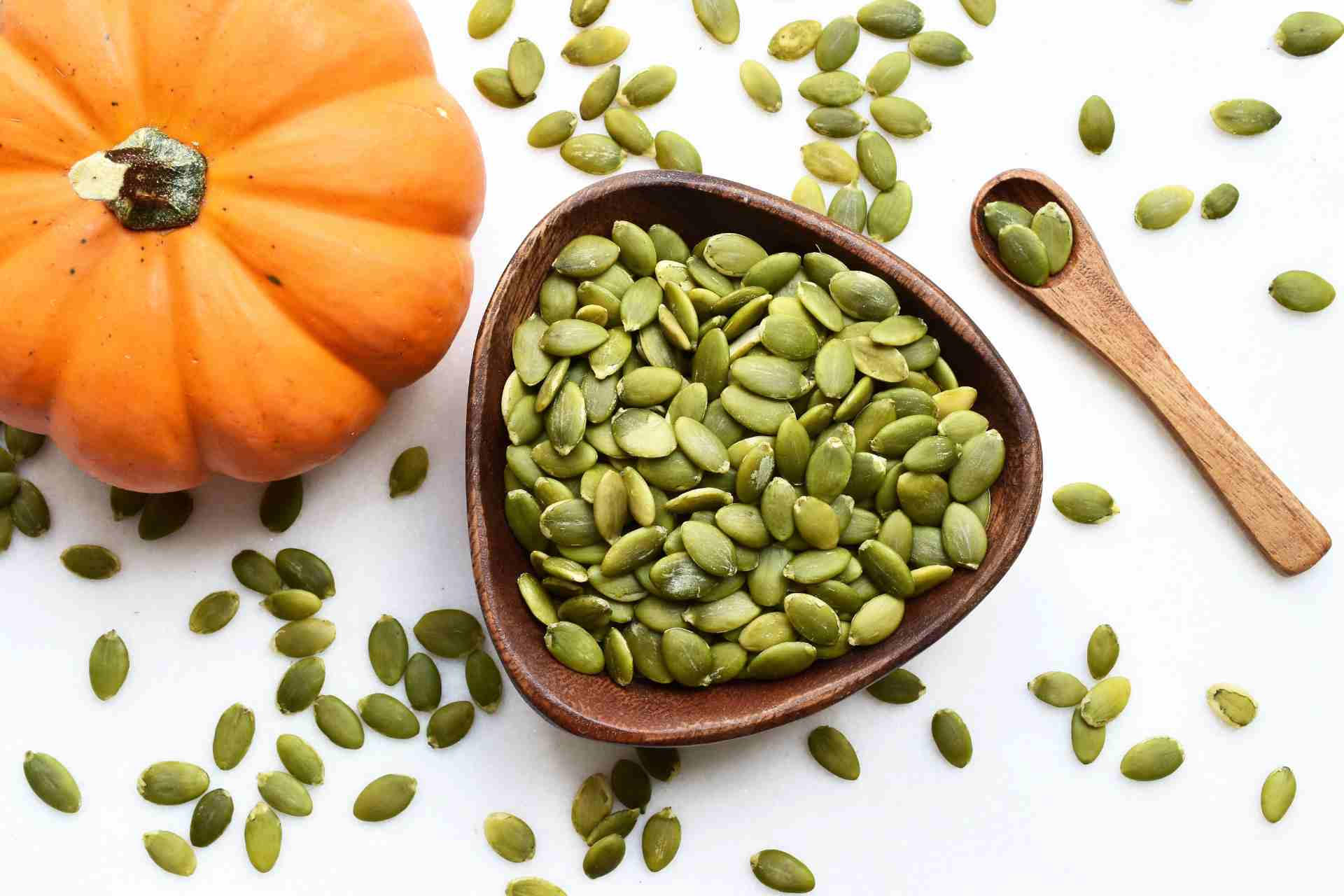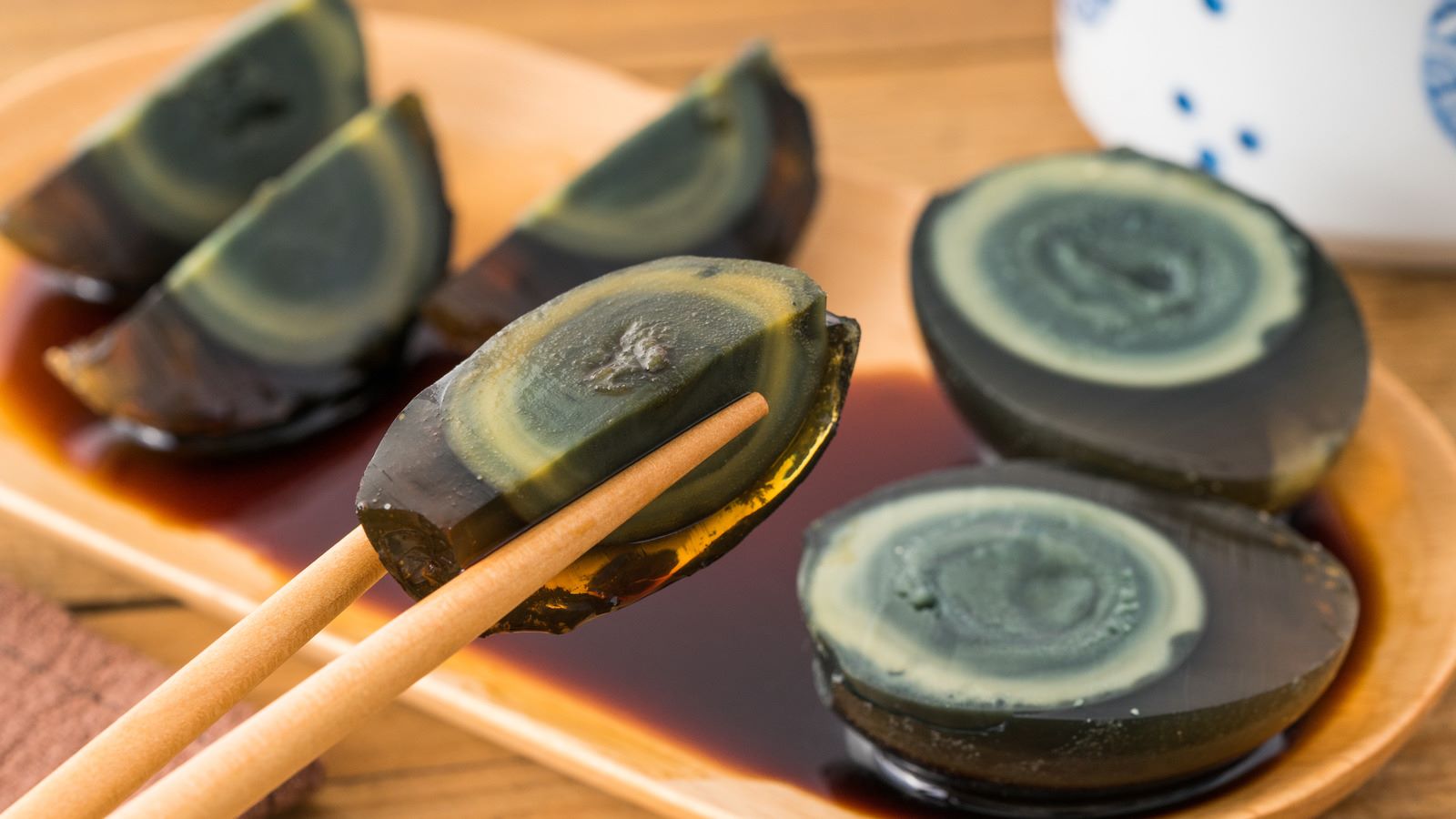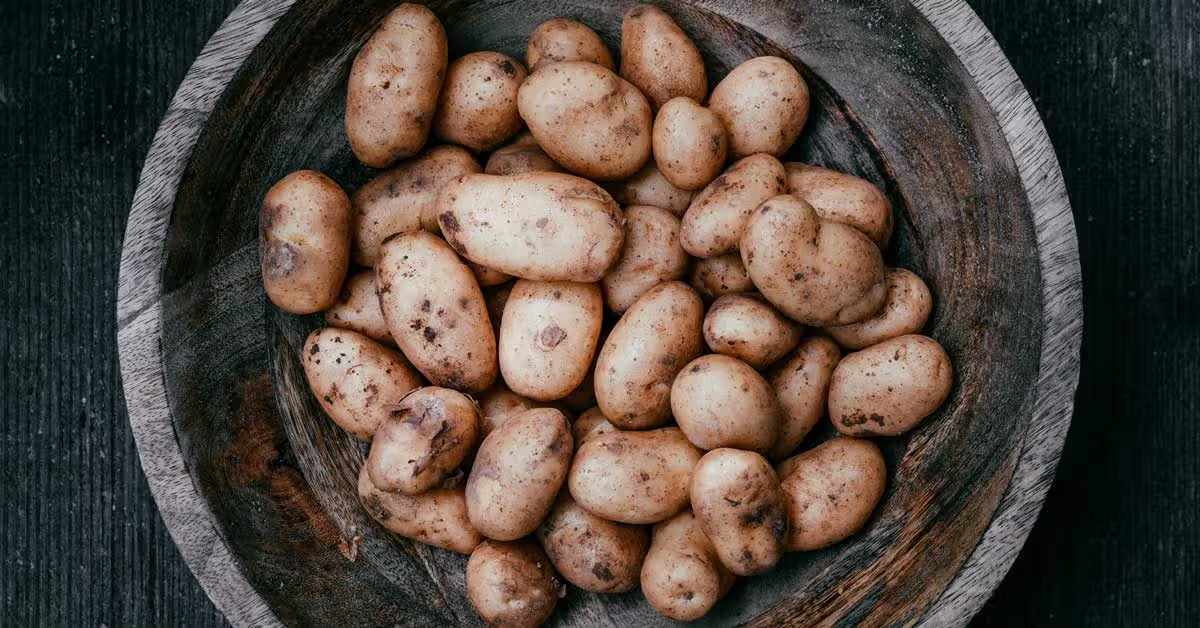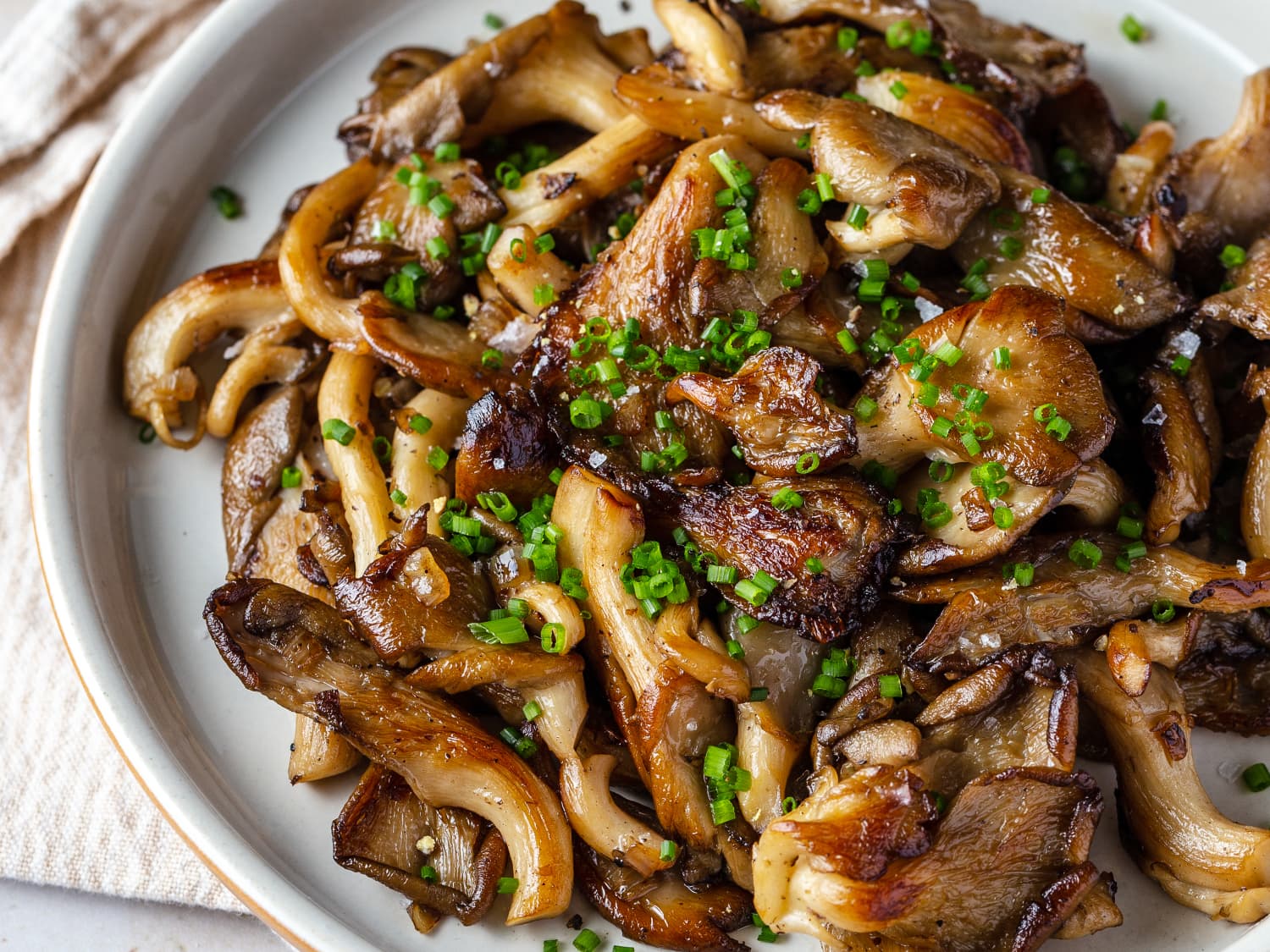How to Relieve Constipation with Prunes
Constipation can be uncomfortable and frustrating, but there are natural remedies that can help alleviate this common issue. Prunes, in particular, are known for their ability to promote regular bowel movements and relieve constipation. Here’s how you can incorporate prunes into your diet to help ease constipation:
1. Eat Prunes Whole
One of the simplest ways to consume prunes is by eating them whole. You can enjoy them as a snack or incorporate them into your meals. Eating 5-6 prunes a day can help promote regularity and prevent constipation. Remember to chew them thoroughly to aid in digestion.
2. Drink Prune Juice
If you’re not a fan of whole prunes, prune juice is another effective option. Prune juice contains fiber and sorbitol, which can help soften the stool and make it easier to pass. Drinking a small glass of prune juice in the morning or before bed can help stimulate bowel movements.
3. Add Prunes to Your Breakfast
Adding prunes to your breakfast routine is a convenient way to incorporate them into your diet. You can chop them up and sprinkle them over your cereal or oatmeal, or blend them into a smoothie for a delicious and nutritious start to your day.
4. Combine Prunes with Nuts
Pairing prunes with nuts, such as almonds or walnuts, can create a satisfying and fiber-rich snack that can help alleviate constipation. The combination of prunes and nuts provides a good source of both soluble and insoluble fiber, which can aid in digestion and promote regular bowel movements.
5. Use Prunes in Cooking
Prunes can be a versatile ingredient in cooking, adding natural sweetness and a rich flavor to both savory and sweet dishes. You can stew prunes with meats, add them to salads, or include them in baked goods for a tasty and constipation-relieving addition to your meals.
6. Stay Hydrated
When consuming prunes to relieve constipation, it’s essential to drink an adequate amount of water. Hydration is key to maintaining healthy digestion, and combining prunes with plenty of fluids can help support their effectiveness in alleviating constipation.
Remember that while prunes can be effective in relieving constipation, it’s important to consume them as part of a balanced diet that includes a variety of fruits, vegetables, and whole grains. If you’re experiencing chronic or severe constipation, it’s best to consult with a healthcare professional to determine the underlying cause and appropriate treatment.
By incorporating prunes into your diet in these simple and delicious ways, you can naturally relieve constipation and promote overall digestive health.
